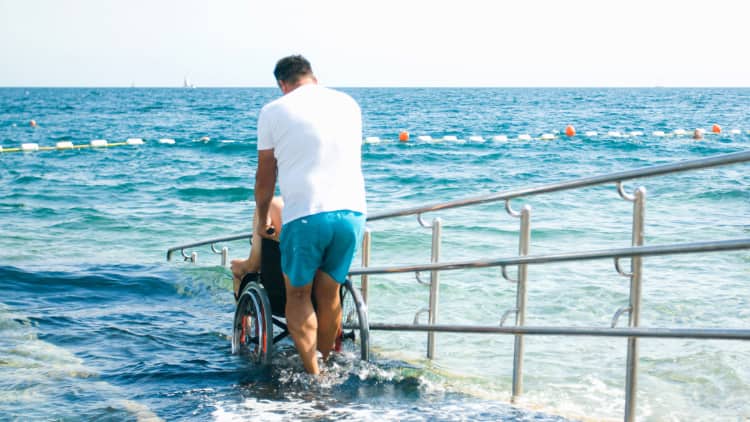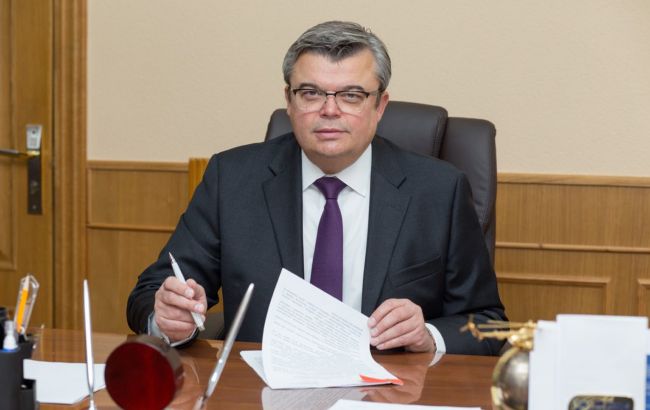The Diplomat
The World Tourism Organization (UNWTO), ONCE Foundation and the Spanish Association for Standardization, UNE, have signed an agreement for the dissemination of the first international standard on accessible tourism, which also aims to promote its implementation through all the actors that make up the value chain of the tourism sector.
This standard, ISO 21902 Tourism and related services – Accessible tourism for all – Requirements and recommendations, is an international standard that includes best practices so that all people can enjoy tourism on equal terms, especially people with disabilities. The global standard has been led by UNWTO, ONCE Foundation and UNE.
The agreement was signed by UNWTO Secretary General, Zurab Pololikashvili; ONCE Foundation Director General, José Luis Martínez; and UNE Director General, Javier García. The three organizations are committed to disseminating this standard in order to promote its national adoption and its use by administrations and tourism service providers that make up the value chain of accessible tourism: destination managers and public entities, transport, accommodation, catering, tourism resources and travel agencies, among others.
The standard published by the International Organization for Standardization (ISO) in July 2021, was developed by a working group composed of 85 experts from 35 countries, within the International Committee ISO/TC 228 Tourism and related services whose secretariat is held by UNE. The standard is available in Spanish as UNE-ISO 21902, after being translated and adopted into the national catalog of standards by UNE.
Despite the fact that the sector has made remarkable progress in this area, tourists with disabilities still find it difficult to organize their trips, access certain destinations such as beaches or natural and urban environments, or understand clearly and easily the indications of tourist establishments. The World Health Organization (WHO) estimates that 15% of the world’s population -one billion people- has some kind of disability.
Awareness-raising efforts will sensitize institutions, governments and service providers to the importance of accessibility and inclusion, especially at a time when tourism is recovering from the pandemic. In addition, planned promotional actions will emphasize that this is not only a human rights and equal opportunity issue, but also an important competitive advantage for destinations and the private sector.






